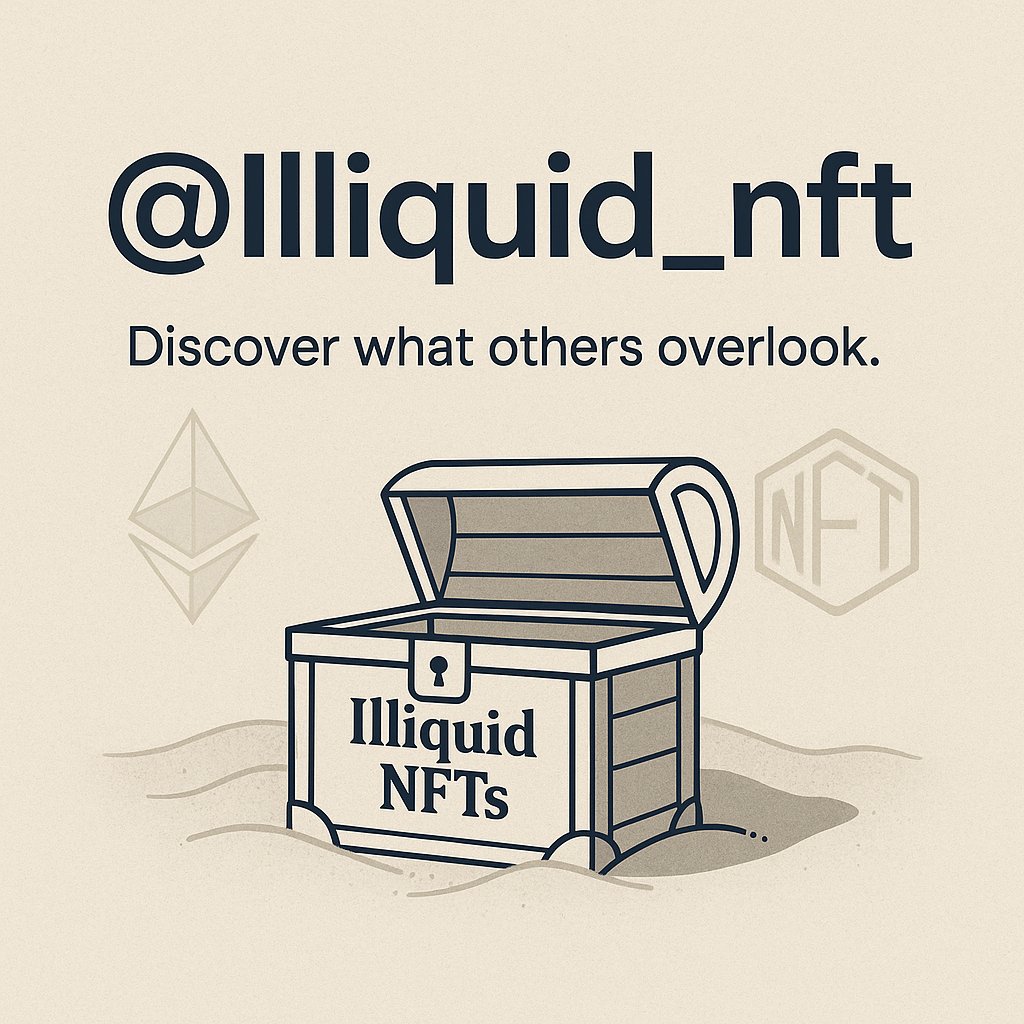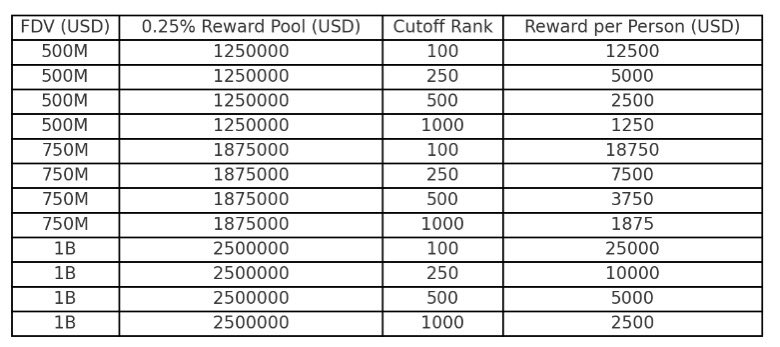Unveiling the Intersection of AI and Cryptocurrency: A New Era of Opportunity and Risk
Setting the Stage: Why AI Matters in the Crypto World
Artificial Intelligence (AI) and cryptocurrency are two of the most transformative technologies of recent times. When combined, they create a powerful synergy that can redefine how digital assets are managed, secured, and expanded. However, this marriage is not without its complexities. Much like the double-edged sword of blockchain itself, AI introduces both unprecedented possibilities and new vulnerabilities to the crypto ecosystem.
Exploring how AI integrates with cryptocurrency reveals not just advancements but also challenges that players in the space must understand to thrive.
How AI Revolutionizes Cryptocurrency Operations
AI’s potential in cryptocurrency spans numerous areas—from enhancing security to optimizing trading and managing blockchain networks more efficiently.
Smarter Fraud Detection and Security
One of the critical challenges in crypto is security. AI excels in pattern recognition and anomaly detection, making it invaluable for spotting fraudulent activities or suspicious transactions faster than human analysts. Machine learning models can analyze vast amounts of on-chain and off-chain data, flagging potential scams, phishing attempts, or rug pulls with high accuracy.
This capability reminds us that while scams like #Cryptexar exploit social engineering, AI-powered forensic tools are part of the digital immune system working tirelessly to protect users.
Optimizing Trading Strategies
AI-driven algorithms have transformed crypto trading by executing complex strategies based on real-time market data, technical indicators, and sentiment analysis across social media. Bots powered by AI can manage high-frequency trades, reduce emotional bias, and adapt to volatile market conditions faster than any human trader.
This shift means that while Bitcoin and Ethereum prices may fluctuate drastically, AI mathematics underpins a smoother navigation through this turbulence.
Enhancing Smart Contract Audits
Smart contracts govern DeFi platforms and token behaviors, but bugs or vulnerabilities have led to significant financial losses. AI tools are now assisting developers by automatically scanning code for errors or suspicious functions before deployment. This proactive approach helps reduce incidents like rug pulls and flawed project launches.
Facilitating NFT and Token Authenticity
Counterfeit NFTs or manipulated tokens threaten investor trust. AI can analyze metadata, transaction histories, and user behavior to verify the originality of digital assets, creating clearer provenance and boosting market confidence.
Challenges Introduced by AI’s Role in Crypto
While AI offers substantial benefits, it also introduces new risks and ethical questions.
Sophisticated Scam Techniques
Bad actors are not sitting still; they exploit AI to design more convincing phishing scams, deepfakes, or social media bots that manipulate sentiment. The arms race between AI-powered defenses and AI-enabled attacks makes cybersecurity a continually evolving battlefield.
Privacy and Data Concerns
AI’s reliance on massive datasets, which sometimes include sensitive user information, raises privacy issues, especially when combined with public blockchain transparency. Balancing effective AI analytics while preserving user anonymity presents a delicate dilemma.
Market Manipulation Risks
AI-driven trading can exacerbate market volatility. Flash crashes or unfair advantages created by algorithmic bots could impact smaller investors disproportionately, necessitating regulatory oversight and industry best practices.
Emerging Solutions and Collaborative Efforts
The intersection of AI and crypto requires collaborative approaches to maximize benefits while controlling risks.
AI-Enhanced Blockchain Forensics
Experts like David Burrows and Michael Bron leverage AI-enhanced forensic analysis to track illicit fund flows and support recovery efforts. This marriage of AI and blockchain transparency is crucial to deter and address fraud.
Education and Community Empowerment
Educating users about AI’s role in crypto—both as a protective force and a potential threat—builds resilience. Social platforms and crypto communities emphasize awareness alongside technological solutions to combat scams effectively.
Regulatory and Ethical Frameworks
Establishing clear guidelines for AI use in cryptocurrency trading, data management, and security can mitigate risks. Transparency about AI algorithms and maintaining ethical standards will be key to sustainable growth.
Reflecting on the Future: Where AI and Crypto Are Headed
The fusion of AI and cryptocurrency epitomizes the digital age’s promise and pitfalls. As AI continues to evolve, it will become an indispensable tool for innovation, security, and governance in blockchain ecosystems.
Yet, this progress demands continuous vigilance. Stakeholders must anticipate emerging threats, adapt strategies, and foster open dialogue between technologists, regulators, and users.
The journey ahead is not just about technology—it’s about cultivating trust, accountability, and shared responsibility in an increasingly automated financial world.
—
Further Reading and Resources
– Chain_GPT AI blockchain tools: https://chain-gpt.com
– AI in Cryptocurrency Security: https://cointelegraph.com/news/ai-in-crypto-security
– Ethical Considerations of AI in Finance: https://www.finextra.com/blogposting/19877/ai-ethics-in-finance
—
The integration of AI in cryptocurrency signals a transformative chapter filled with promise and challenge. How the global community navigates its complexities will define digital finance’s next frontier.











